I made a lot of calls to members in February to discuss our planned giving seminar that was going to be held on February 16. The unbelievably snowy Iowa weather caused the event to be postponed until the fall, but I was reminded during the phone calls that there are two basic questions many donors have.
What Is Planned Giving?
Most contributions to charitable causes are made without the need of planning for how to pay for it. Planned giving involves a donor making a major gift beyond the capabilities of their ordinary income and the contribution is part of their financial and/or estate plan. Donors can use cash, property, appreciated securities, life insurance, retirement plans, and other means to fund their contribution during their lifetime or through their will. Some gifts are outright, and some produce income for the donor; all planned gifts are strategic, impactful methods of benefiting yourself and those you care about – charitable causes and loved ones.
 Why Does Planned Giving Matter to Me?
Why Does Planned Giving Matter to Me?
If you want to make a major contribution to a charitable cause that benefits your financial planning in strategic ways, planned giving will matter to you. You might need a guaranteed income stream for yourself; a planned gift can help with that. You might want to honor your legacy or of someone you love in perpetuity; a planned gift can help you achieve this. You might want to make a legacy gift that is substantially larger than your income; a planned gift can help you do this. You may need to create short- or long-term tax advantages for you and/or your heirs; a planned gift can help. The list goes on and on.
Planned giving might make a difference for you, and it certainly does for the NCSML.


 Legacy Society Brunch To Say Thank You
Legacy Society Brunch To Say Thank You